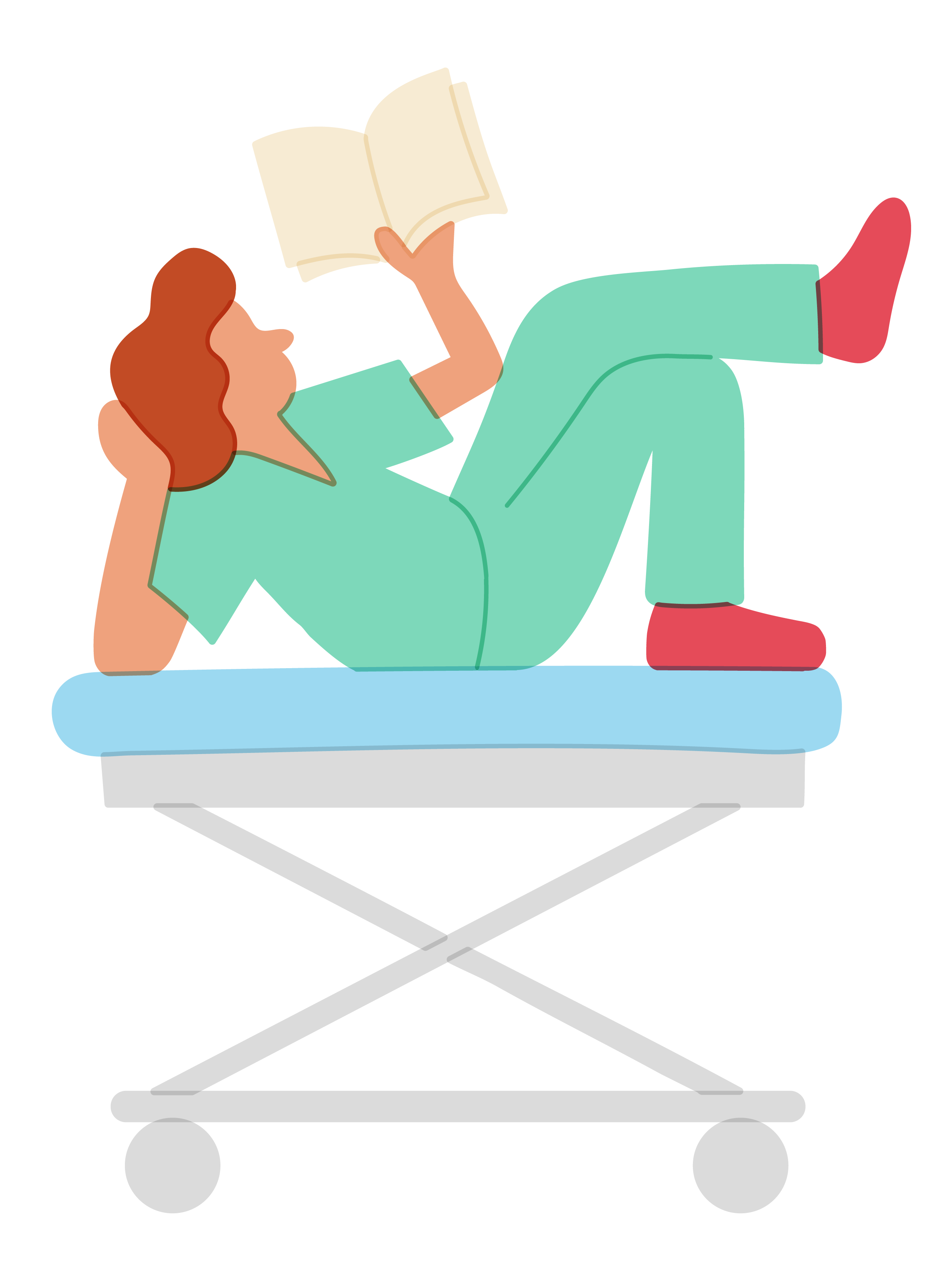-1.png?width=1080&name=Statistical%20Mediation%20%26%20Moderation%20in%20Psychological%20Research%20(4)-1.png) Much of the conversation around the medical school admissions process focuses on quantitative metrics: your GPA, your MCAT score, the number of volunteer and research hours you have under your belt. But while these metrics are certainly the foundations of a strong application, there is another critical metric which is seldom explicitly mentioned: endurance.
Much of the conversation around the medical school admissions process focuses on quantitative metrics: your GPA, your MCAT score, the number of volunteer and research hours you have under your belt. But while these metrics are certainly the foundations of a strong application, there is another critical metric which is seldom explicitly mentioned: endurance.
The best metaphor for the medical school admissions process is a marathon. If you focus on the timing (quantitative metrics) of daily, shorter runs, you may lose sight of the true length of the race ahead of you. You could leave yourself open to a common pitfall: a strong start with a fast initial speed, but the inability to finish due to inadequate endurance.
Grind by design
The MCAT is a grueling, almost non-stop 6-hour exam for a reason: it replicates, and is correlated to, similarly grueling STEP exam conditions. STEP, in turn, is meant to test not only your knowledge, but your ability to persist in wielding that knowledge for hours on end as one would in a clinical setting.
Opening an MCAT book, it’s clear that discrete pieces of knowledge are not terribly complex. Chances are you had more difficult courses by the latter half of your undergraduate experience. It’s the cumulative weight of all these pieces of knowledge, and the task of sitting still for 6 hours, which pose the true challenges.
Likewise, interviews are lengthy and highly idiosyncratic in order to test not just your ability to answer a difficult prompt question well, but also test your social skills under duress for hours at a time.
Training stamina
Focusing on an MCAT score alone can easily lead you to focus on simply not getting individual questions wrong, as well as memorizing and practicing a small set of question types. While it is true that fewer mistakes will lead to a better score, you should try to reframe your objective to getting fewer questions wrong throughout the whole exam.
To return to our marathon metaphor, you can run a fantastic mile time for one mile at a time, 26 different times, but those miles could never translate into a full marathon all strung together. Likewise, mental stamina can be built up by practicing ever longer series of practice questions, with the final goal of practicing entire practice MCATs in one sitting (permitting the standard fifteen-minute breaks between sections). You will quickly find that doing six hours of practice questions non-stop is quite different from quizzing yourself with flashcards or doing a few questions at a time.
For interviews, you should similarly focus away from individual difficult prompts to practicing more realistic interview conditions, where you may be pressed on your answers. It is most helpful to find somebody (like one of our coaches!) who can give you a mock interview, starting with a difficult prompt, but then following up and keeping the interview going for up to an hour.
Day of the race
None of this—whether it be the grim reality of the MCAT’s length, or the prospect of hour-long mock interviews—is meant to scare you off the path! These training methods provide realistic simulations of the length of the race ahead of you, and should give you confidence that you can do it, as many have before you!
Despite how time-consuming and tedious the above recommendations may sound, you will find rewards when they matter most: on the actual day of the exam and during your interviews. Resisting burnout can be the key to avoiding sliding scores over subsequent sections, and your more complex interview practice will help you keep your cool under shifting interview conditions.
The training leading up to the race may itself feel like a marathon, but once you cross the finish line, you will never have to look back.

Comments